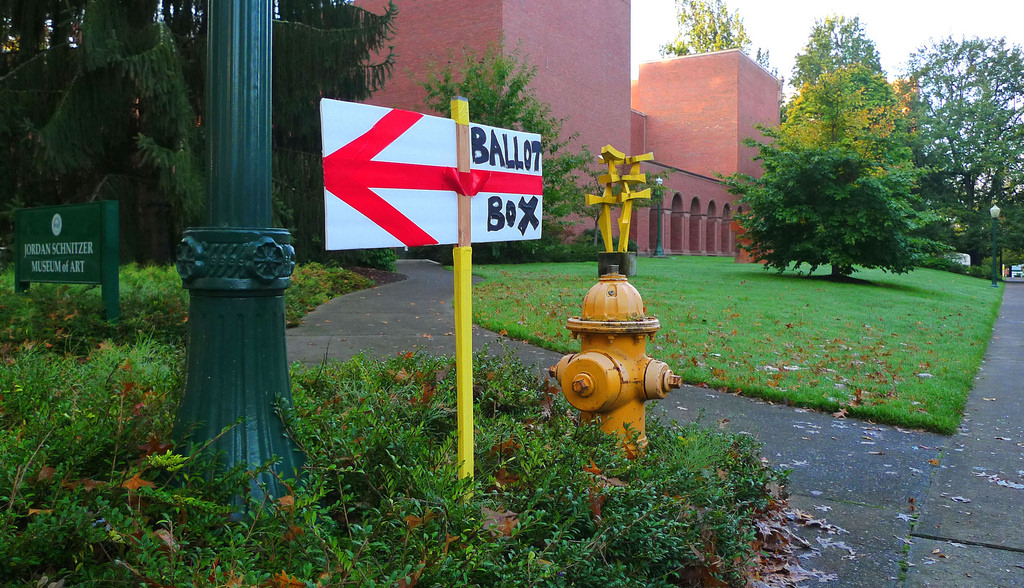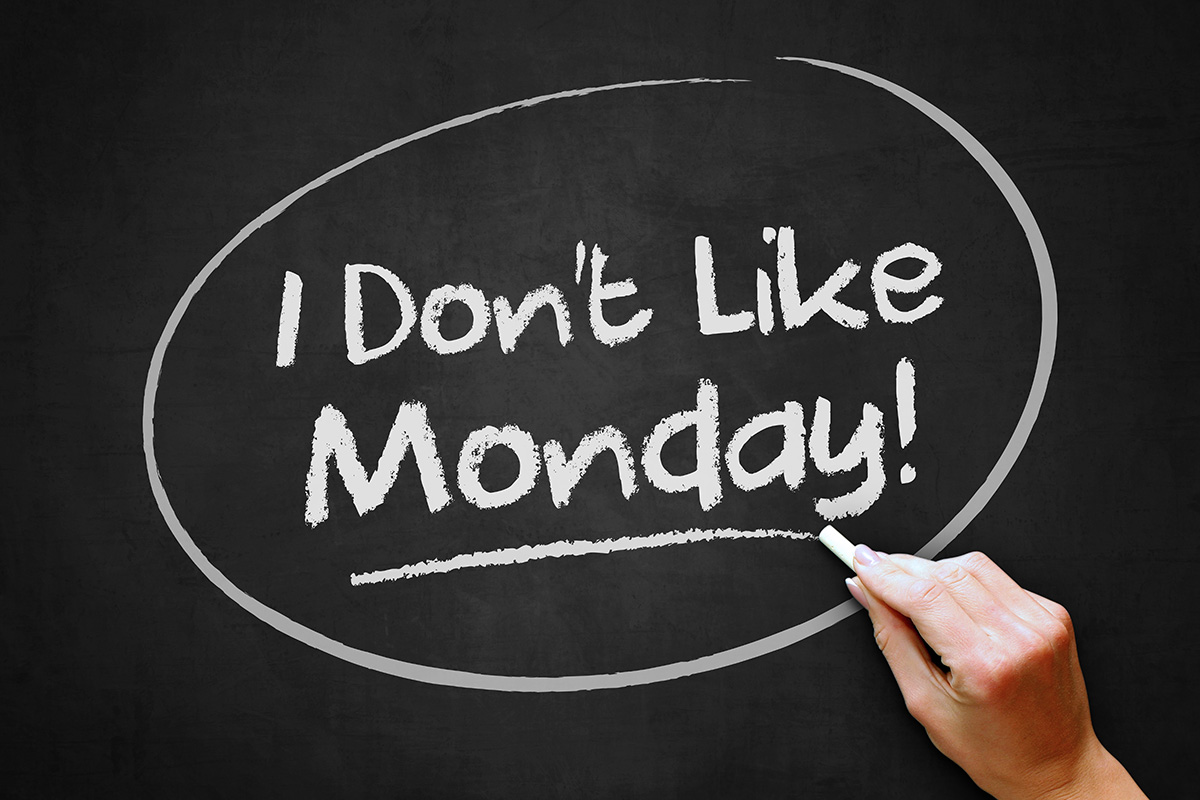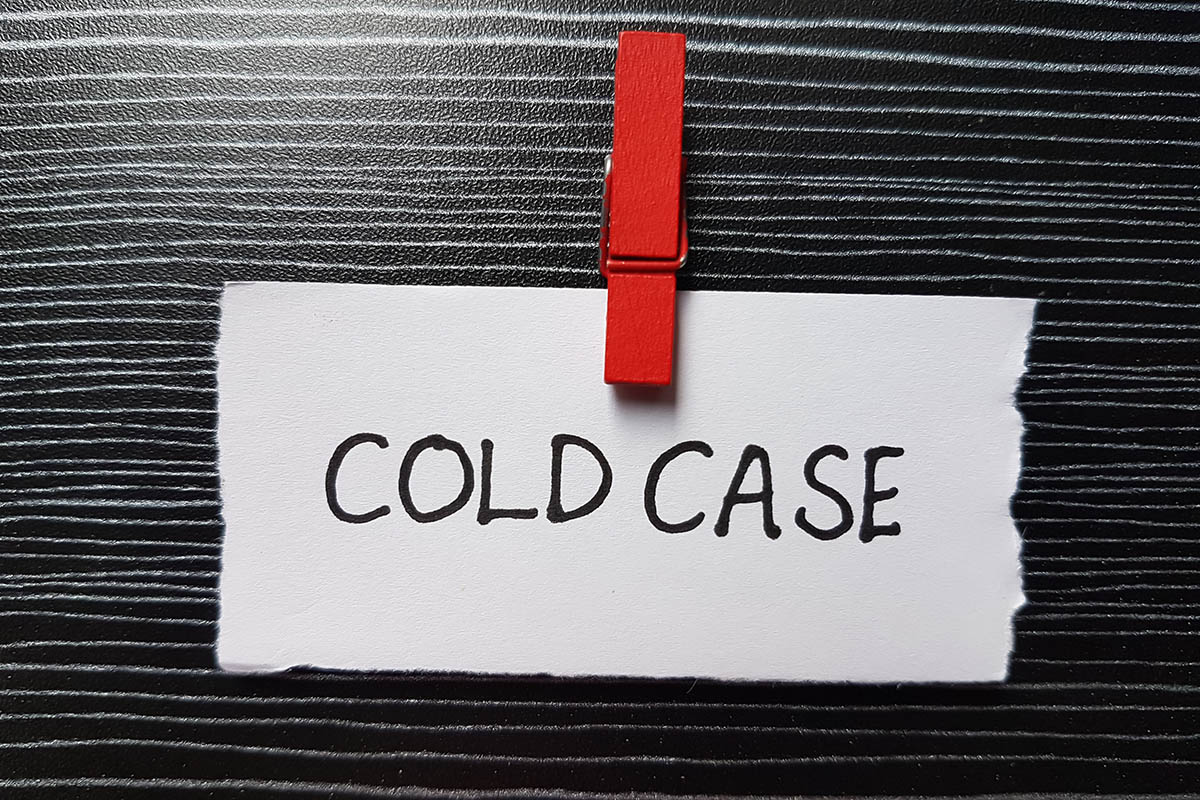“Exercising your voice and your say”
October 2 Elections around the globe have made news this year, and Debra Grace Lim Jia-En, 16, a Correspondent from Malaysia, explains why it is crucial that everyone who has a vote uses his or her right to cast a ballot.
Elections around the globe have made news this year, and Debra Grace Lim Jia-En, 16, a Correspondent from Malaysia, explains why it is crucial that everyone who has a vote uses his or her right to cast a ballot.
This year, the subject of voting has been intensely discussed globally. This unceasing international hype will certainly come to a climax leading up to the 8th of November 2016, when Americans will vote in the next president of the United States.
All around the globe, it has been quite a year for voting: Taiwan elected its first female president in January, Uganda and Peru held general elections in February and April respectively, while the Philippines held their presidential and vice presidential elections in May. The London mayoral elections were also held in May, ushering in the city’s first Muslim mayor. The Brexit referendum followed soon after in June, and Australians went to the polls in July’s federal election. In Afghanistan, parliamentary elections will be held in mid-October.
In spite of this, numerous people of all nationalities who are eligible to vote often don’t exercise their right to do so. Many are skeptical: “Why vote? How does the government affect us? What difference does voting make for me?”
Regardless of your political or social stances, there are several core reasons that everyone who is eligible to vote should do so.
Voting allows us, the multitudes, to get actively involved in the governance of our country; it enables us to contribute our beliefs and opinions to the way our nation is run. When you cast your ballot, you allow the people who manage your country to hear your voice. Voting gives you the opportunity to have your say on issues that matter to you.
Through voting for a candidate who stands for reforms you believe in, you give your selected candidate a chance to represent your concerns and work towards the changes in public policies that you wish to see. Elected officials who want to remain in office take note of their constituency’s concerns and find ways to rectify those issues. However, they will only consider the issues that matter to you if you affect their time in office; that is, if you cast your vote. In this way, voters have enormous potential to make a significant impact on the trajectory of their nation.
By voting, we can ensure that our elected representatives are held accountable for the decisions they make while in office. However, if we as voters don’t utilise our rights, there will be little incentive for our representatives to push through critical laws that bring greater benefits to us. Worse still, it can lead to the rise of corrupt practices amongst officials — if voter turnout in the district is low, officials can fall into unscrupulous habits as they know that their actions have no effect on their public position. If voters actively exercise their right to vote, people in government have to conduct themselves in a manner that satisfies the populace and carefully consider their citizens’ sentiments when making resolutions that affect the population. Should officials want to get re-elected, they would have to protect their people’s best interests and make good on their campaign promises, else they will be voted out of power.
Yet, what difference does one vote make in the greater scheme of things? A great deal. If you live in a land where the masses have the right to elect their leaders, taking part in elections — whether at the municipal, state or federal level — is key to a functioning democracy! One might argue that it is an honour and privilege to be able to play a part in the direction and journey of one’s homeland. It is only through participation that the system of ‘a government by the people’ can truly form a solid foundation of democracy in a nation; every ballot cast is crucial. By engaging in the public affairs of our country, we the common folk can prove that ultimately, it is the majority that wields authority.
Certainly, there are those who believe that all politicians are little better than crooks; that no matter what they say, they’re in office for their own personal gain. Indeed, fraud and corruption are very real problems today. However, will refusing to vote eradicate these problems? If you don’t make use of your vote, then you surrender your rights as a decision maker to others. You allow them to make a choice that will not only make a major impact on your life now but potentially in your future as well; you allow others to determine the future of your loved ones. If everyone felt that their vote did not matter, then how could democracy possibly work? Without participation, democracy doesn’t just fail, it doesn’t get the chance to even exist!
Here’s the crux of the matter: even if you don’t vote, someone will be elected as the leader of your constituency, of your state, of your nation. To not vote is to say that you don’t care who has the right to hold the reins of government; that it doesn’t matter who makes the decisions that will impact your future and the future of your country. So please — when you have the opportunity to do so — use your vote. You have a voice. You have a say.
Photo credit: Wolfram Burner Ballot Box Directions – University of Oregon via photopin (license)
………………………………………………………………………………………………………………………………………………………………
About me: Hi! My name’s Debra and I’m from Malaysia. I aspire to be a lawyer one day, and I have a special interest in public policy and its implementation, social justice and international trade.
Currently, I’m on a gap year and will begin my sixth form studies at Kolej Tuanku Jaa’far this coming August. In the meantime, I’m keeping busy with debate, online courses at edX, music competitions and performances, writing and volunteerism.
………………………………………………………………………………………………………………………………………………………………
Opinions expressed in this article are those of the author and do not necessarily represent the views of the Commonwealth Youth Programme. Articles are published in a spirit of dialogue, respect and understanding. If you disagree, why not submit a response?
To learn more about becoming a Commonwealth Correspondent please visit: http://www.yourcommonwealth.org/submit-articles/
………………………………………………………………………………………………………………………………………………………………




